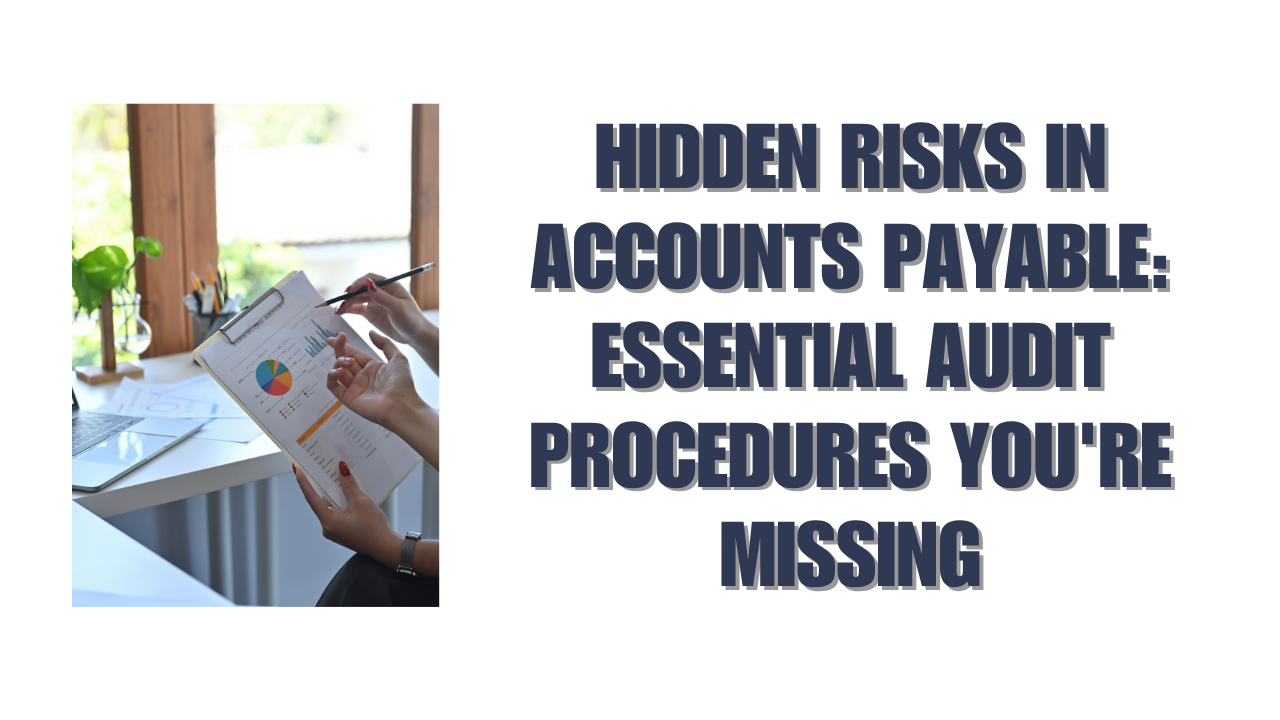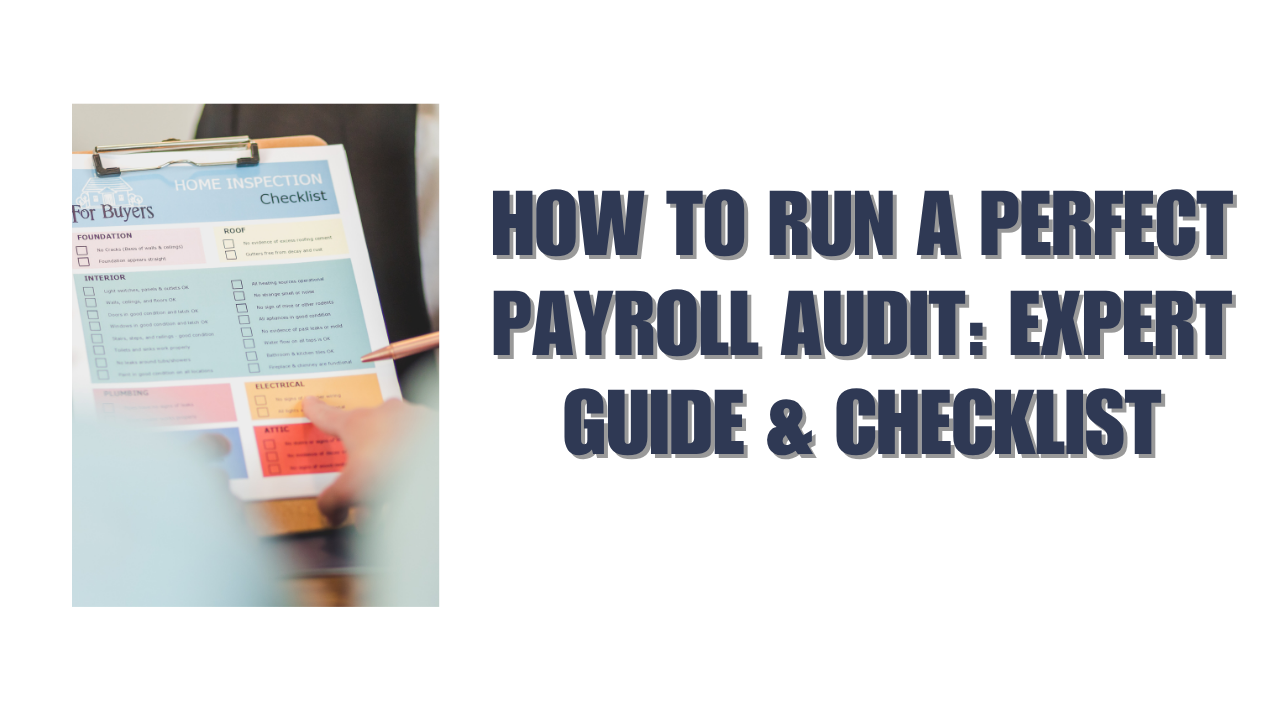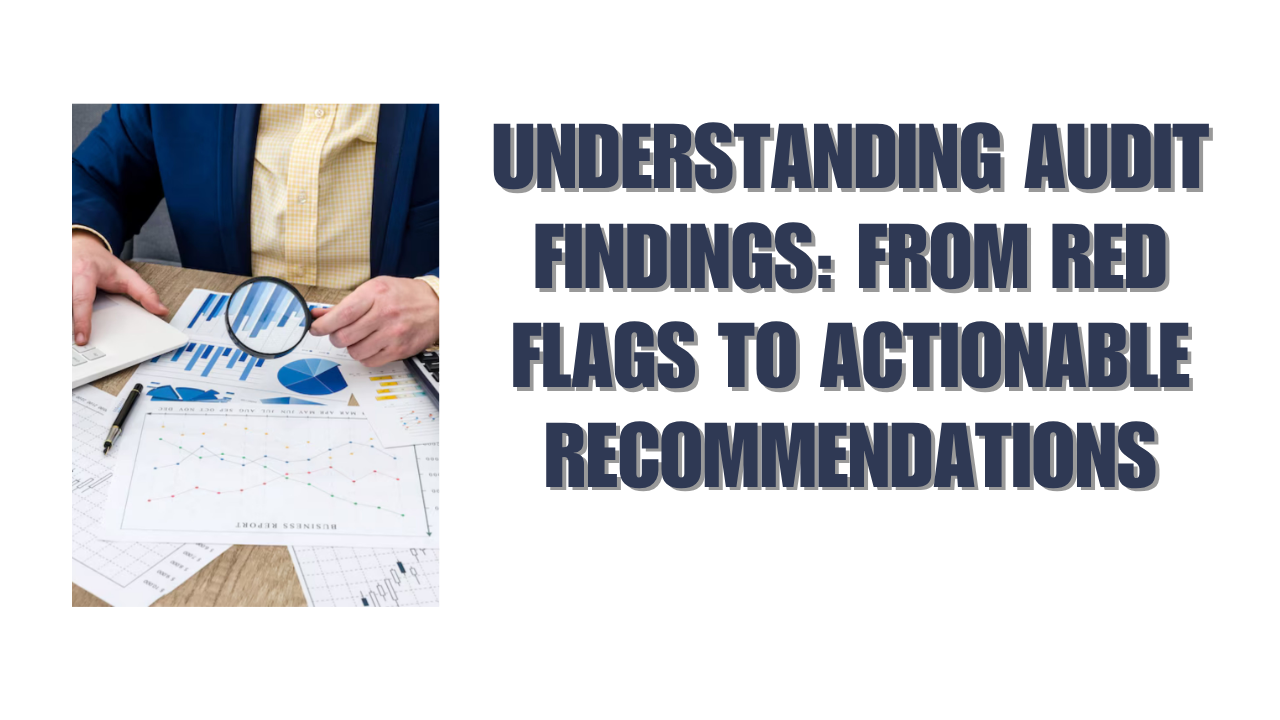Auditing functions as an essential foundation for financial transparency that establishes trust throughout New Zealand’s economic infrastructure. Audits represent an independent check of financial records for businesses, together with nonprofits and public organizations, which validates both accuracy and regulatory compliance. Audits now serve financial institutions as more than regulatory checkpoints because they help stakeholders believe in the system while detecting threats to money security and driving business expansion for long-term success.
The Importance of Financial Auditing in New Zealand
New Zealand requires financial auditing to sustain the reputability of its financial systems across the country. Among the many requirements businesses must fulfill are stringent legal and regulatory standards, which audits help defend from financial wrongdoings. Detailed assessments of financial statements under the Financial Reporting Act 2013 help ensure compliance. This enables audits to establish clear organizational transparency and responsibility. Such assurance serves as a critical foundation for investors and creditors and overall public trust.
The practice of auditing allows organizations to perform critical evaluations of their financial practices beyond compliance requirements. Auditors play a crucial role in identifying internal control weaknesses and proposing enhancement strategies for financial operation processes. This proactive approach helps organizations direct their attention toward strategic goals, as they can prevent risks and improve operational efficiency through the insights provided by auditors.
Building Stakeholder Trust Through Auditing
Trust is built in financial relationships, and this trust is established between parties through auditing. Stakeholders gain confidence in an organization’s accurate financial representation through properly audited financial statements. For investors and donors, transparent financial information is crucial as it ensures the accuracy of their decisions, thereby enhancing their trust in the organization.
Non-profit organizations and charities that address social issues in New Zealand prove fund accountability through audited financial reporting. Organizations must show their donors that donated funds lead to efficient mission accomplishments. The combination of transparent reporting through auditing helps organizations develop enduring partnerships with financial supporters and business stakeholders.
Enhancing Transparency in Financial Practices
Good governance depends on transparency, so financial auditing ensures organizations maintain transparent financial record accessibility. Auditors conduct unbiased financial statement analysis, which allow organizations to identify discrepancies while ensuring proper accounting standard compliance. Through auditing processes, organizations achieve better transparency by restoring integrity to financial operations.
Organizations practicing transparency create environments leading to improved decision-making through enhanced accountability. Leaders make correct resource allocation decisions and budgeting choices and design growth plans through access to audited financial data. Organizations must have essential clarity to handle New Zealand’s complex economic environment while achieving sustainable success.
Mitigating Financial Risks Through Auditing
Financial auditing requires effective risk management strategies to achieve complete success. Financial auditors must evaluate organizations’ systems of internal control and detect weaknesses that could cause problems such as fraud or monetary manipulation. Organizations need to act in advance against these risks to defend their resources and sustain economic health.
Businesses, together with nonprofits operating in New Zealand’s resource-limited sectors, need practical risk management systems to achieve lasting viability. Audits enable organizations to discover essential information for risk mitigation, thus maintaining operational value for their stakeholders.
Supporting Compliance with Regulatory Standards
Business audits in New Zealand exist mainly to ensure organizations fulfill their regulatory requirements. Organizations must follow New Zealand International Financial Reporting Standards (NZ IFRS) as well as Public Benefit Entity Standards (PBE Standards) together with multiple legal requirements. Auditing practices ensure financial statements meet their mandatory requirements, thereby protecting organizations from prevalent legal consequences and reputation degradation.
Auditors play a key role in supporting companies during regulatory changes. They maintain knowledge of changing standards, which allows them to guide organizations through necessary financial practice adjustments for compliance needs. This forward-thinking strategy ensures that organizations are prepared for complex regulations, thereby protecting their operational stability and brand reputation.
Driving Operational Efficiency Through Auditing
Auditing generates benefits that surpass standard compliance regulations because it supports operational performance improvement. Auditors assess financial processes to recognize operational weaknesses, which enables them to provide companies with specific enhancements they need. By examining operational systems, auditors can identify unnecessary expenses and present strategies for cost reductions and operational methodology optimizations, thereby improving the overall efficiency of the organization.
Auditor analysis leads to improved financial outcomes because organizations gain better control of their resource distribution. Follow up with audit suggestions, and nonprofit organizations and businesses can make their operations more efficient while redeploying their released resources toward innovation and growth.
Promoting Ethical Financial Practices
Businesses must keep ethical financial practices to maintain both trust and credibility. Audits enforce ethical financial practices because they make organizations responsible for their financial handling. Financial transparency, together with accurate records, demonstrates auditor commitment to enhancing organizational integrity and responsibility across the board.
Relationships between stakeholders are extended ethical practices under this organizational ethics commitment. When organizations maintain clear financial records, they show that they value the interests of their stakeholders, which leads to better relationships with investors, donors, and regulators. A focus on ethical conduct provides the foundation that leads organizations toward lasting achievement.
Strengthening Governance Structures
Auditing serves as a key driver to developing solid governance structures because good organizational governance defines successful business operations. Organizations can enhance their governance standards through auditors who analyze financial practices alongside internal control systems to show which areas need governance improvement. The recommendations focus on strengthening the oversight mechanisms combined with better management accountability through revised decision-making protocols.
Organizations that strengthen their governance systems obtain higher credibility along with better resistance to organizational threats. Organizations following New Zealand’s dynamic economic environment succeed when their governance structures maintain consistent strength because they adapt efficiently to changes and create room for business expansion.
Supporting Strategic Planning and Growth
Organizations rely on precise, reliable financial information for successful strategic planning. Audits provide this essential information, helping organizations align their economic systems with their strategic objectives. By analyzing organizational needs, auditors assist business leaders in making strategic choices, instilling confidence in their decisions, and guiding them towards successful business expansion.
Securing financing and market entry across New Zealand requires businesses to submit audited financial statements as an essential requirement. The ability to prove financial strength along with responsible management practices enables organizations to pull in funding partners who advance their growth objectives. The advantageous vertical position enables their firms to compete viably in fluctuating markets across a rapidly forming economic terrain.
Conclusion
Audit services function as necessary components to build trust and increase financial transparency. Audit procedures deliver essential capabilities to New Zealand organizations through compliant operations and responsible practice management, which lead to enduring business success. The auditing function plays a critical role in creating both resilient financial operations and trustworthy financial situations by helping to strengthen governance systems and support strategic planning.
For expert auditing services tailored to your needs, visit Aurora Financials. Our organization provides complete business solutions to clients through virtual CFO consulting and auditing services and accounting systems alongside financial reporting and tax consulting support for NZX-related services, valuation appraisal, and risk management and compliance expertise. You can reach your organizational goals through financial transparency enhancement by joining our partnership program.
FAQs
1. Why is financial auditing essential in New Zealand?
Financial auditing ensures transparency, regulatory compliance, and stakeholder trust, playing a crucial role in maintaining New Zealand’s financial system integrity.
2. How do audits build stakeholder trust?
Audited financial statements provide accurate and transparent information, assuring stakeholders, donors, and investors about an organization’s credibility and economic practices.
3. What are the benefits of financial auditing beyond compliance?
Audits improve operational efficiency, identify internal control weaknesses, reduce unnecessary expenses, and promote ethical financial practices.
4. How does auditing support regulatory compliance in New Zealand?
Audits ensure adherence to NZ IFRS, PBE Standards, and legal requirements, protecting organizations from legal risks and reputational harm.
5. What role do audits play in strategic planning and growth?
Audits provide reliable financial data, enabling organizations to align financial systems with strategic goals, attract funding, and achieve sustainable growth.





